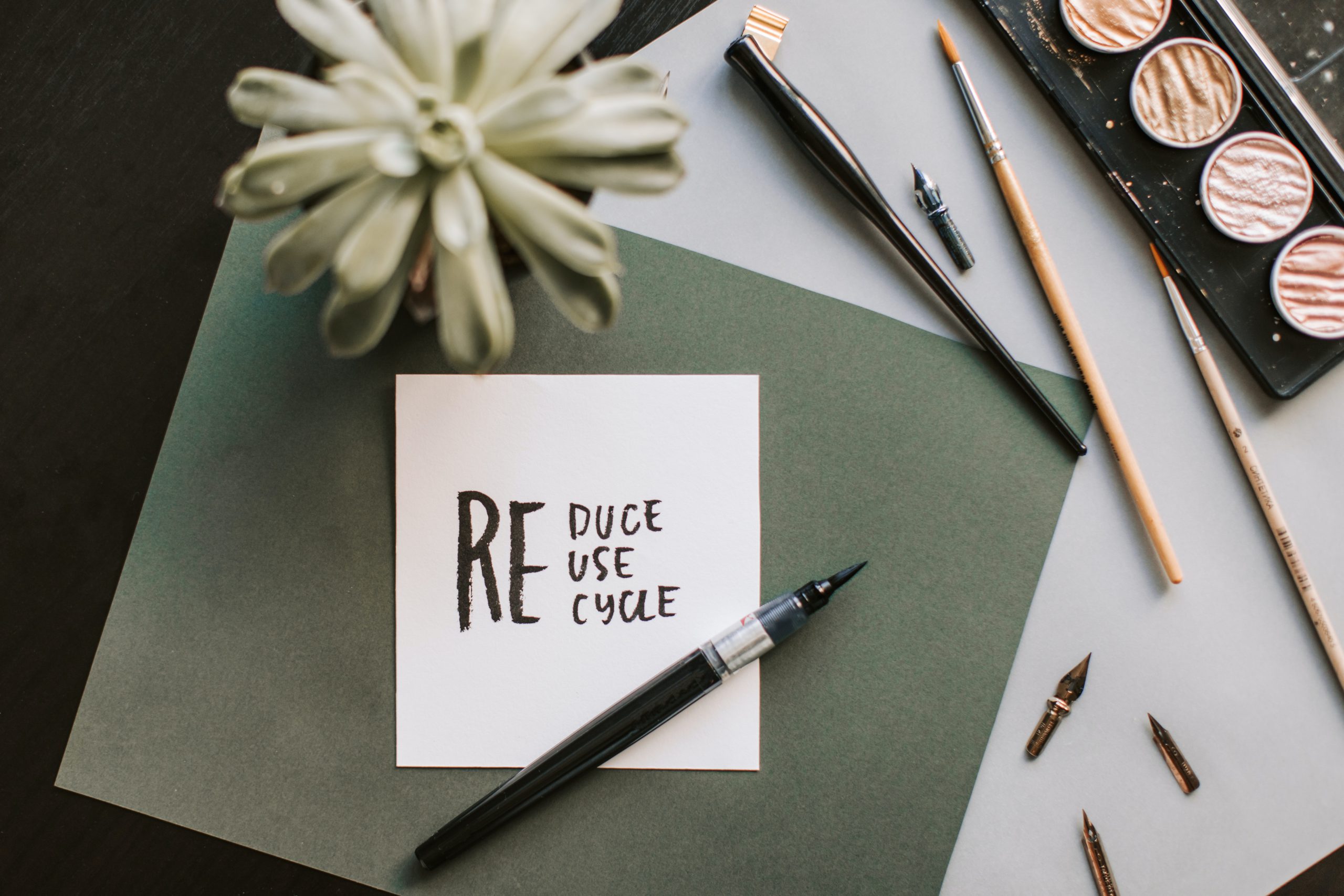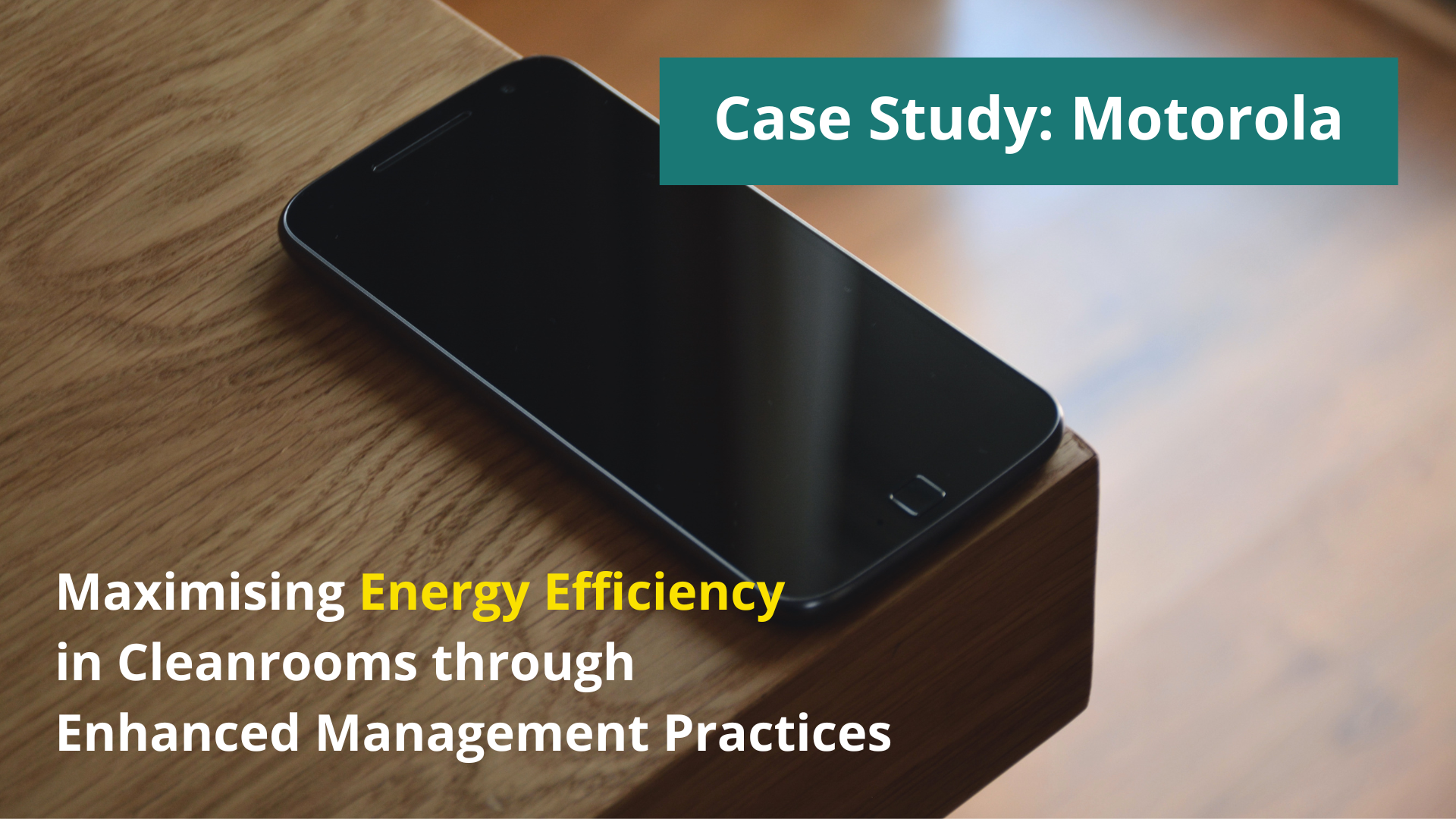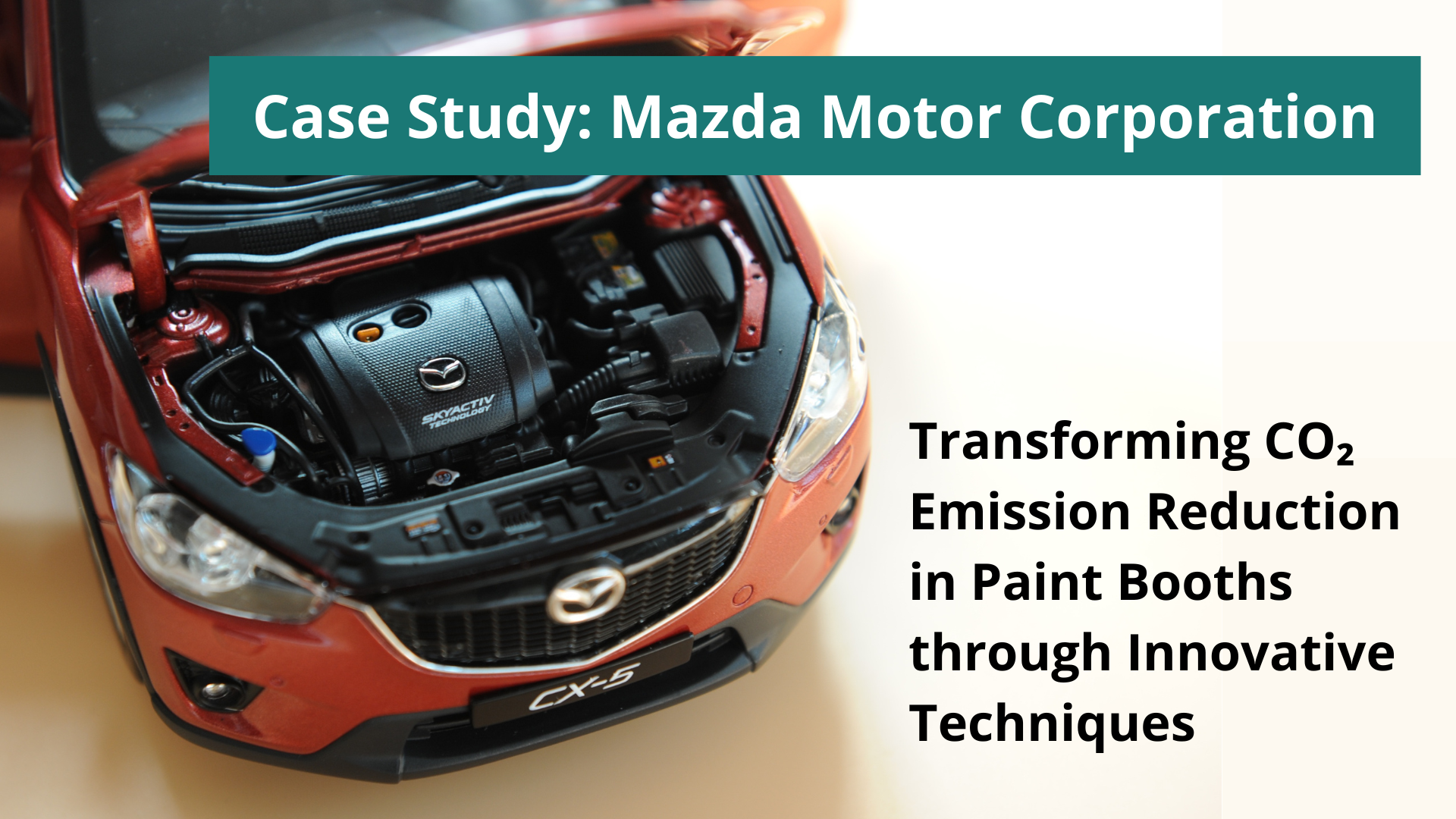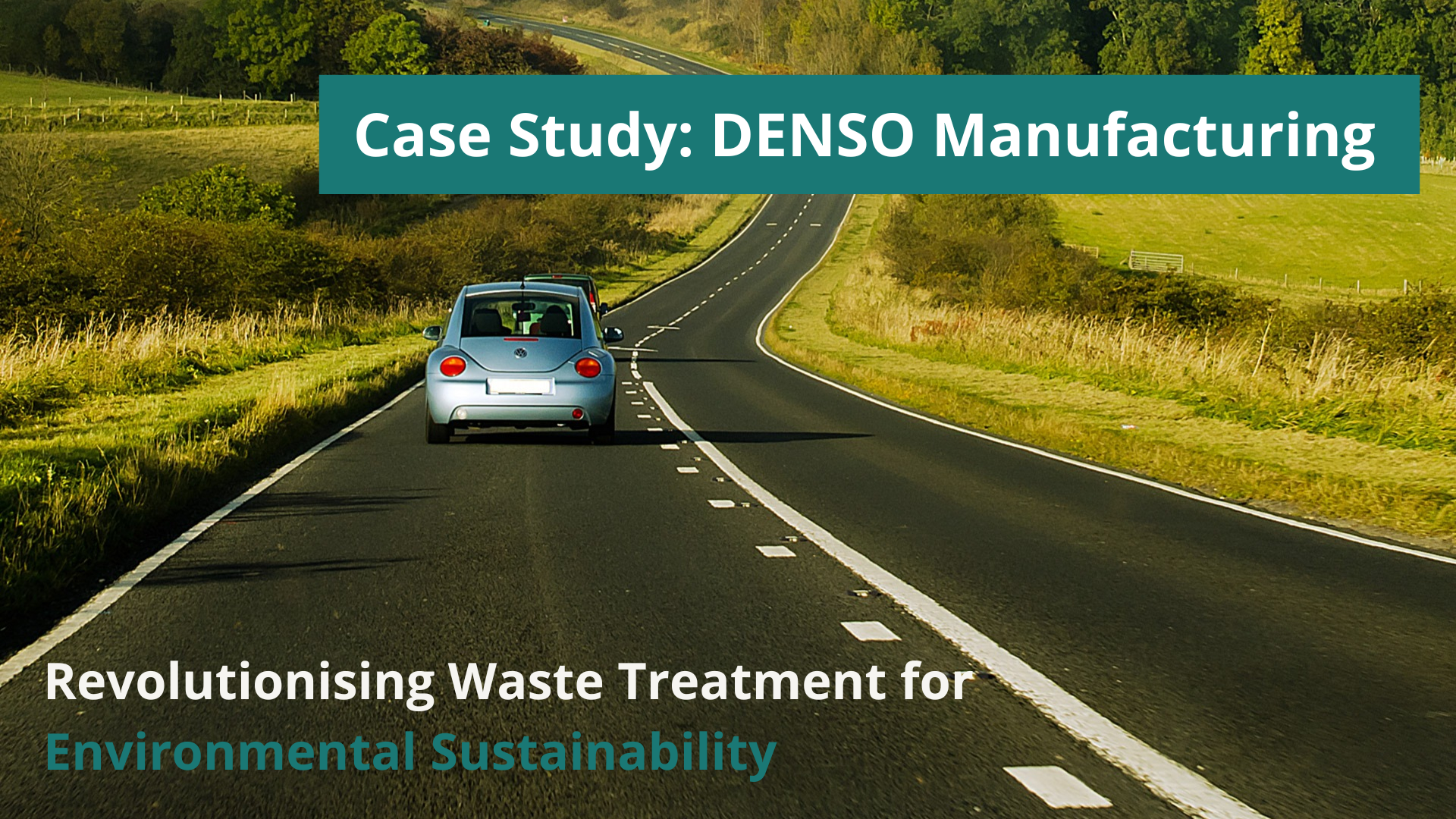
When running an SME, environmental concerns might likely be your least priority. However, a small business can have a big impact on the environment and can benefit from being eco-friendly.
Customers (from both markets – B2B and B2C) are increasingly concerned about the impact of their purchasing decisions on the environment. They are more willing to open their wallets for sustainable products and services.
Large or small, customers are the jugular vein for a business. Cut them off, and your business will cease to exist. Therefore, organisations need to adopt a greener approach in their business processes. As people learn more about climate change and its effect, they are becoming increasingly against the use of unsustainable products.
By being more sustainable and eco-friendlier, you show that your business is increasingly concerned about the planet. Furthermore, it will help you stay competitive and gain a good market share. Sustainable SMEs are the future, and if you haven’t jumped on the sustainability bandwagon, then it is high time to consider being an eco-friendly organisation. Here are some simple steps to make your business eco-friendlier.
1. Eco-design & Sustainable Materials Sourcing
At the heart of every successful business is the product or service it sells. Therefore, incorporating eco-design practices and sustainable raw material sourcing is key to having an eco-friendly product. You need to check whether your supplier incorporates green methods in their production. You’ll also need to know whether they use ethical and socially responsible methods in producing the raw materials and components. Responsible water use and practising good disposal methods are socially responsible ways that ethical suppliers follow.
Fairtrade is gaining a lot of popularity, and you need to check whether your supplier is complying with Fairtrade practices, such as paying employees adequate wages. Furthermore, you’d also want to see if the components are manufactured using recyclable or biodegradable materials that have a lower impact on the environment. You can also source your raw materials from local suppliers to help the economy and cut transportation costs and fuel that harm the environment.

2. Sustainable Packaging
Containers and packaging contribute significantly to the environment, and it is important to have sustainable practices during the packaging process. According to a study, packaging and containers contribute heavily to landfills. You can significantly improve your business’s carbon footprint by investing in sustainable, reusable packaging.
Refrain from using single-use containers. Instead, use packaging that easily breaks down like corn starch or seaweed. Furthermore, ensure that the packaging doesn’t contain any harmful substances. Packaging is an important part of your business brand, as it is the first impression that the customer lays on your product. You need to ensure that it is stylish, reusable and sturdy to protect the content from damages. You may try to make the packaging is less likely to go into a landfill and more into the customer’s portfolio of future reusable items! Not only it will make a lasting impression on your customers, but it will protect the environment as well! And it also may help you save some money on the new plastic packaging tax which will be in force since April 2022.
3. Storage
Another important aspect of your business that can use sustainability is your storage space. The environmental impact of storage is understated, as it can significantly contribute to the environment. Whether using freezers for food storage, or warehouses for your products, there are several ways you can make it more sustainable.
First, choose an eco-friendly storage space. Consider hiring a storage space that uses renewable energy for power, such as solar panels. Moreover, pack your products in green containers instead of plastics. Plastic is a major source of pollution that leads to environmental hazards. Donation is a key sustainable practice that should be considered instead of throwing unneeded products.

4. Shipping & Delivery
If you think that your responsibility towards the environment ends once your products are sold, then you’re wrong. Sustainability continues until the products are delivered to your customers’ doorstep and even longer – until it’s final disposal. Considering green shipping and sustainable delivery practices will enhance your reputation as an eco-friendly business.
Use compact packaging for your products. Don’t use a huge box to pack a tiny product. Compact packaging minimises costs and takes up less space in your delivery carrier. Organising your deliveries will result in fewer trips and fewer emissions which goes a long way in protecting the environment. Don’t pack the items in 2 or 3 boxes before shipping. It only increases costs and isn’t sustainable in the long run. Moreover, encourage bulk purchases to reduce the number of delivery trips your carrier must make.
You can also use sustainable products as your shipping materials. There are biodegradable mailing pouches available that are made up of renewable materials. Recycled carboards of compostable bags can also help you care for the environment.
5. Go Paperless
Paperless is the new normal these days, as companies aim to incorporate digitalisation in their business processes. Going paperless, you’re actually playing a vital role in protecting the environment.That’s a lot of trees and not to mention the cost involved in buying such a huge amount of paper.
A 100% paperless workplace is the ultimate aim of every company to improve its operations and carbon footprint. Even if your industry or customers require some paperwork, you can protect the environment by sourcing recycled paper. Aim to source from local vendors that will also reduce your transportation costs.
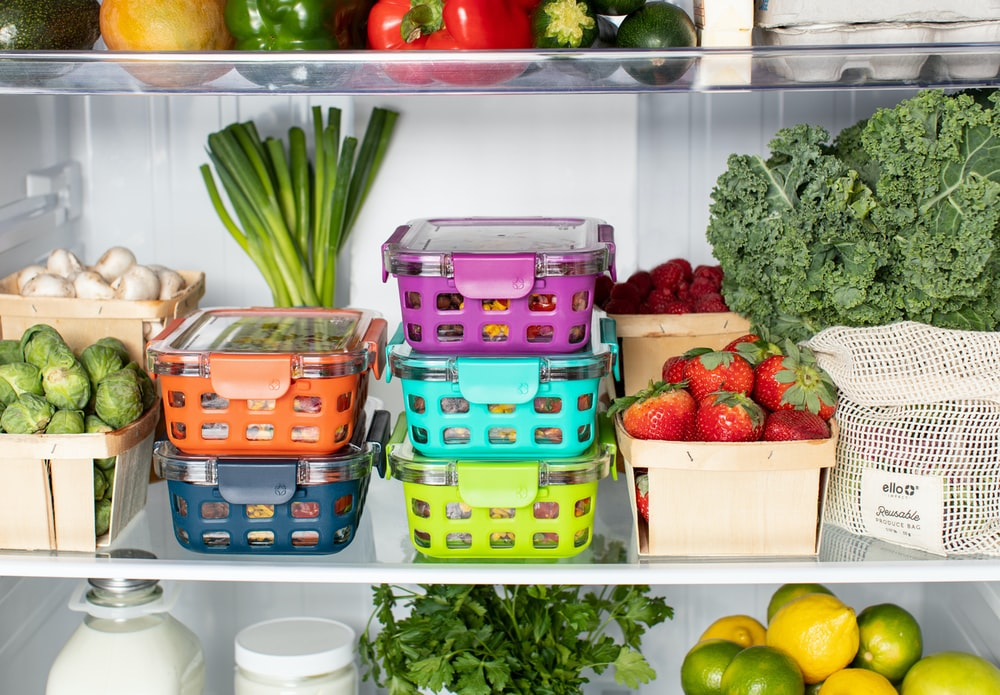
6. Educate and Engage Your Employees
Engaging your employees and educating them about the potential benefits of sustainable practices is another good way to become eco-friendlier. Change starts at home, so you should incorporate healthy recycling habits within your workplace. As an employer, you should provide adequate facilities for employees to practice socially and environmentally responsible behaviours.
The first step you can take is to have different bins for waste. Have recycling bins everywhere accessible and identify them so that employees are used to recycling. Encourage a donation policy where employees can donate their belongings instead of throwing them into the bin.
Moreover, you can take steps in your workspace canteen by introducing reusable cutlery. Avoid using paper or plastic cups. Employees consume tea or coffee regularly, which can considerably increase their plastic cup count. Even though reusable cups may cost a bit more than their plastic counterparts, it plays a huge role in promoting environmentally responsible behaviour.
A lot of waste is also created during lunchtime. If your business operates a canteen, you should limit the number of food options. Furthermore, encourage your employees to reduce their wastage. As an employee, you also have a responsibility towards the environment. If you don’t think you can have more than one menu item on offer, don’t take all of them as the rest will waste.
Furthermore, if you have your lunches delivered, then practice group ordering. Choose a place and encourage your fellow workers to order from one place. It will reduce the number of containers and packaging bags and the delivery journey. Refrain from ordering plastic water bottles when you have a water system in the office.
Furthermore, you can also make sustainability more fun by introducing waste reduction challenges. Teams that produce the least wastage can get a prize at the end of the period. If the whole office hits a certain environmental sustainability target, they can enjoy a day out or a retreat!

7. Save Energy and Resources
Office and workspaces consume a lot of energy throughout the year. You’ll have heating and air conditioning on for most of the year. It only racks up your energy costs and causes harm to the environment. You can take appropriate measures to reduce the energy footprint at your workplace.
Encourage your employees to switch off the lights and workstations when they head home. Often, their desktop computers are on, along with the lights. This only adds to your energy bill and is not an efficient use of resources. Practising such behaviour would reduce your monthly energy bill and reduce the carbon dioxide emissions in the environment.
Moreover, you can consider insulating your facilities to reduce excessive heating and air conditioning use. If the weather is good, consider opening the windows for a change. A bit of fresh air will do wonders for your productivity and efficiency! There are automated smart systems for offices available. Consider installing them in your workspace to help reduce your unnecessary energy consumption.
Moreover, you can also consider buying used equipment in workable condition for your office space. Used laptops or reusable workstations can work well instead of buying new ones. It will help you become a more sustainable organisation while saving you a lot of money on shiny, new equipment.
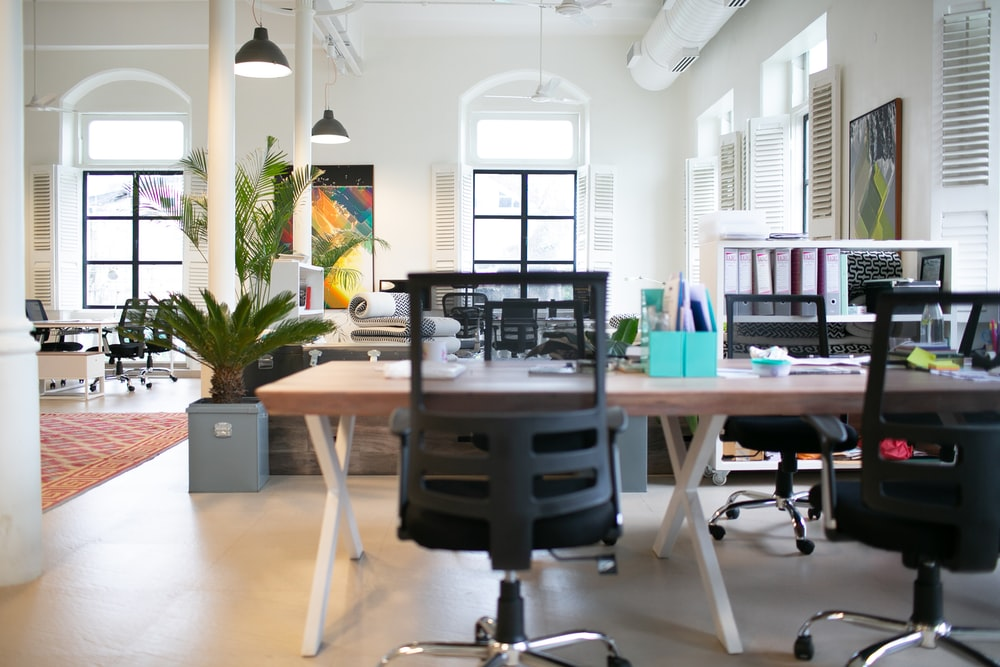
8. Remote Work
Many businesses have been forced to adopt the work-from-home model during the pandemic. Why not make it permanent? Remote work means a reduced requirement for people to come into a physical office. Furthermore, it will save a lot of commute time for your employees. Less commute means fewer cars on the road. Fewer cars resulted in less fuel usage and reduced emissions that are always beneficial for the environment.
Moreover, employees get greater flexibility, and there has been a considerable increase in productivity in remote working. As an employer, you can save energy costs, supplies and a lot more.
If you want employees to come into the office, you can consider offering public transport benefits. Public transport is one of the most efficient ways to commute as it saves a lot of emissions. Subsidised passes for commuters are an option. It will encourage your employees to use public transport instead of coming in their cars. Furthermore, it will support the local economy as people will be spending on public transport, resulting in job creation and other benefits.

9. Consider Second-hand Equipment
You don’t have to get shiny furniture when setting up a new office. You can find a good deal by considering a second-hand setup. It takes a lot of wood, energy, and other resources to make furniture. You can save all those by investing in used furniture as good as new. You can find vintage pieces in good condition that’ll give your office a brand-new look. This ensures that functional second-hand furniture won’t go to waste and landfills are not filled with reusable items.
Every organisation has a different impact on the environment. Some contribute more, while others have a minimal impact. However, as a whole, we should practice sustainable behaviour to help protect our environment. Furthermore, going green will help us attract more customers, as buying preferences have shifted towards eco-friendlier products. By taking into account your carbon footprint and implementing measures to curb the harmful emissions on the environment, you can play a vital role in saving the planet.
If you find it hard to implement a robust environmental strategy, you can always consider hiring an external expert. They can help you build a robust environmental management system that’ll help you comply with the ISO 14001 standard and ensure that you incorporate green practices throughout your organisation. Sustainability is the way forward, and you can’t afford unsustainable practices within your business, as you’ll ultimately lose your clientele.

If you are on the lookout for a consultant who has significant expertise in implementing sturdy environmental management systems within SMEs, then check out the services provided by EQM Consult. We have significant experience implementing relevant ISO standards within the organisations and have helped such businesses comply with their internal audit requirements. We also help businesses create strong environmental management systems and quality management systems.
We offer affordable pricing, and you can hire us for project-based or task-based services. We can help you fulfil your auditing obligations through the outsourced internal and suppliers’ audits of ISO 9001, ISO 14001, AS 9100 and more. Check out our website for more information about our services, or contact us for a consultation.

Ph.D. Beata Paliwoda
Founder and Owner of EQM. Environmental and quality consultant and auditor. Professional career built in Quality Assurance departments in various companies from the automotive, aerospace, railway industries, as well as a management systems consultant. Successfully completed many complex projects related to the implementation of management systems, process improvements and business transformation. Auditor of ISO 9001, ISO 14001, AS 9100, project manager of APM, lecturer at the Poznan University of Business and Economics, researcher on the effectiveness of EMS and QMS in organisations.

